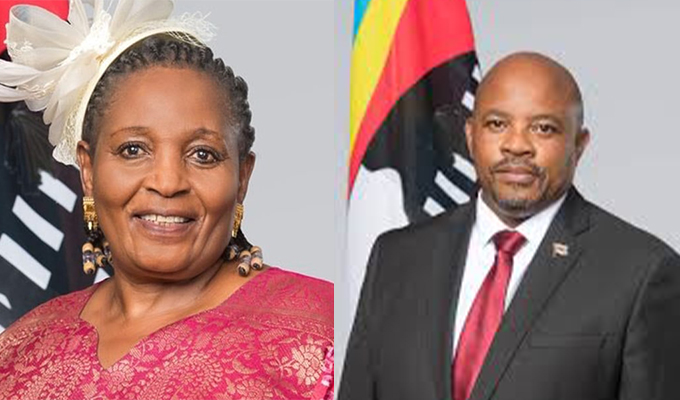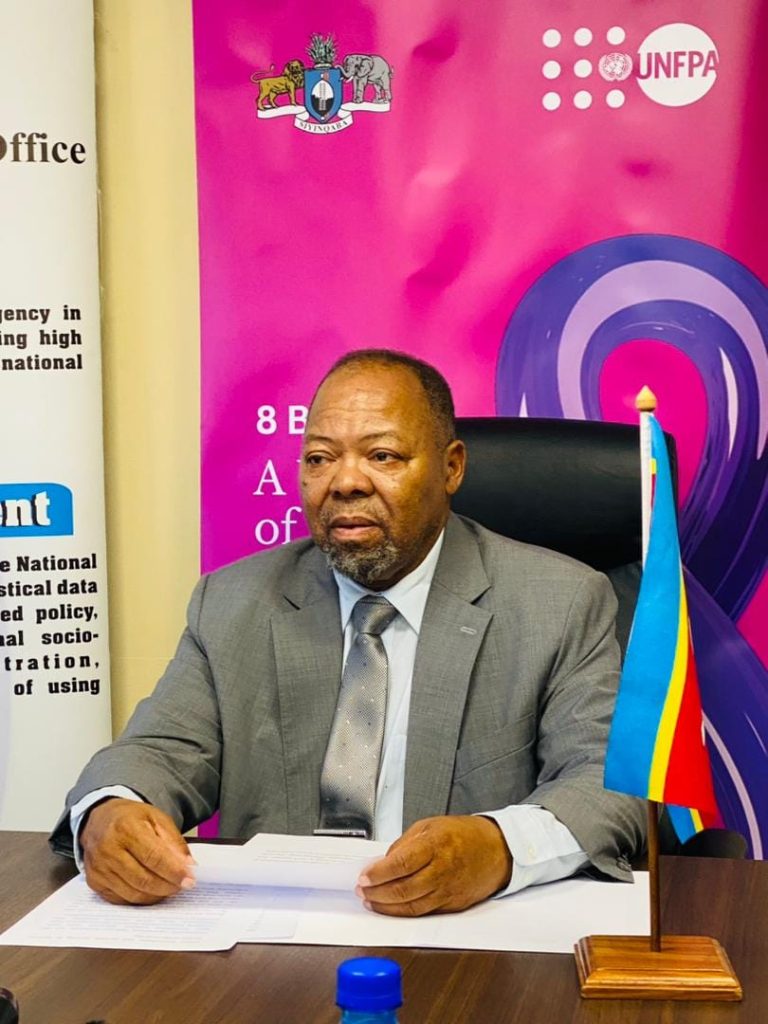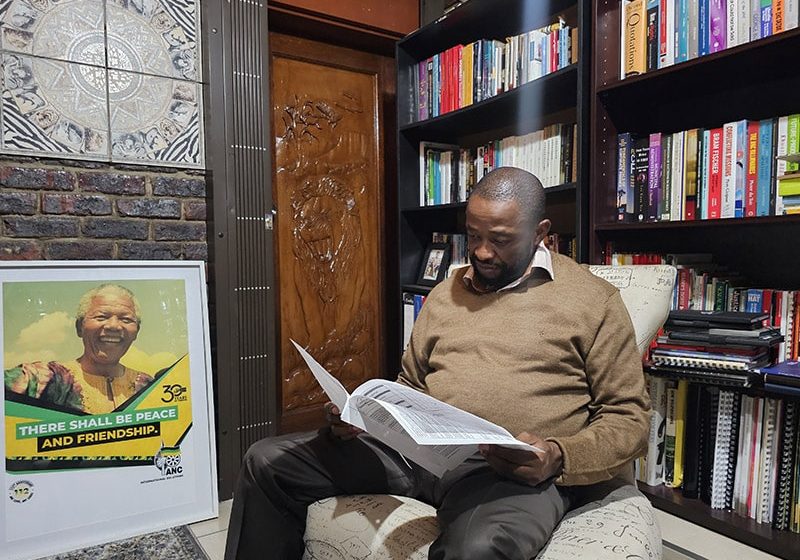
Mlungisi Makhanya asked, ‘Why are you killing me with poison?’
Mlungisi Makhanya, the president of the banned political party in Eswatini, PUDEMO, survived four assassination attempts but none comes close to the one he survived a couple of months ago. “If it was a football match, they did not miss, they hit a crossbar,” he says.
By Magnificent Mndebele
It is a quiet afternoon on the pristine 76-hectare Pretoria National Botanical Gardens. It is this place—a habitat for many birds, animals and plants— that exiled Mlungisi Makhanya, the president of the People’s United Democratic Movement (PUDEMO) has chosen for his first media interview since he survived an attempt on his life just over a year ago.
It was late last year when the news broke out in Eswatini and South Africa that the political leader had been poisoned and was fighting for his life in hospital. The poisoner, Makhanya says, is a fellow PUDEMO member that he has known personally for many years; “a man I trusted with my life.”
The poisoner came to visit the home Makhanya shares with his son in Pretoria on the evening of 24 September 2024. The arrangement was that the guest would arrive in the morning and go on to spend the day and night. He, however, arrived in the afternoon and, upon arrival, the guest claimed he had to rush to work.
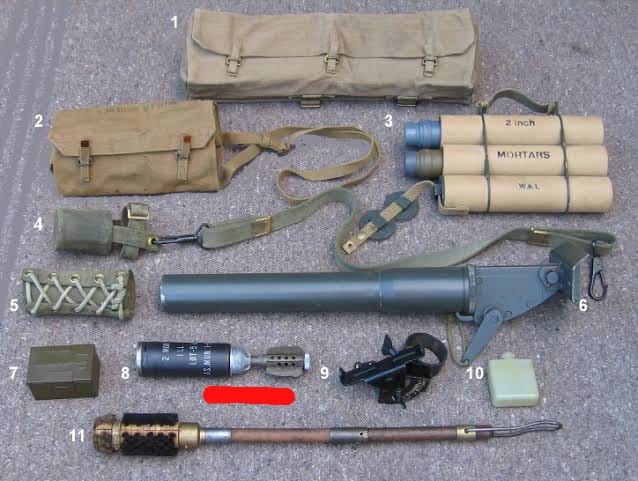
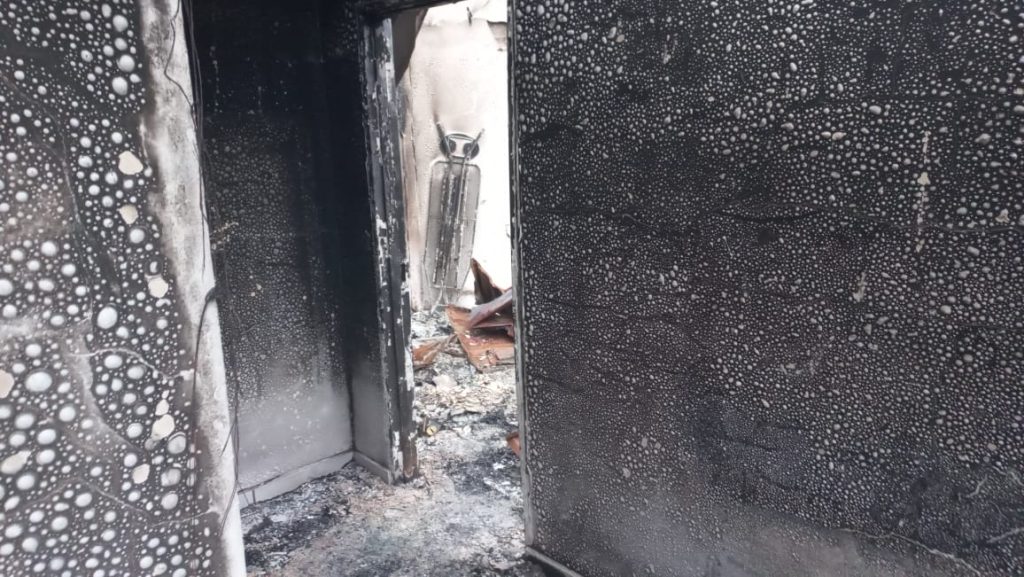
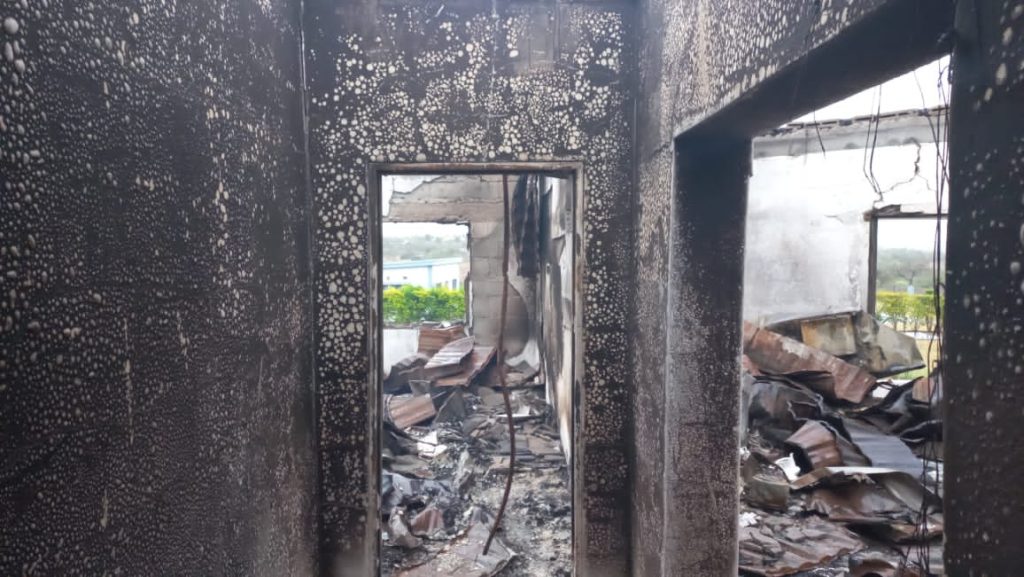
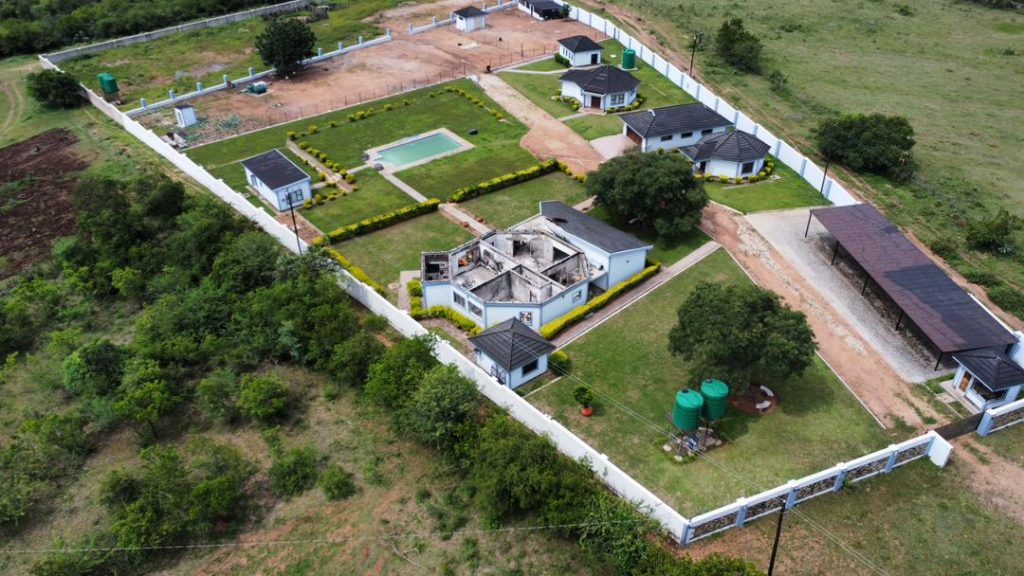
When the guest returned around 6 p.m., Makhanya rushed off somewhere and was gone for over two hours. Upon his return, the guest offered him food, claiming that he and Makhanya’s son—who was now out— had eaten already.
Makhanya accepted the offer. “And immediately I felt an excruciating pain in my stomach,” he says that he realised he had been poisoned. He attempted to crawl on the floor to try and call for help.
“Why are you killing me with poison? I demanded to know. But the comrade denied this and said he had eaten the same food. He then pretended to help me go to the hospital but dumped me in the bathroom and locked me inside.”
‘I am in the bedroom with a woman’
Makhanya says the comrade confiscated his cell phones so that he would not be able to contact anyone. He had a fourth phone that the poisoner was not aware of. “I mistakenly dialled a lawyer comrade, and I said I was being killed. That is the man who principally saved my life,” Makhanya says the lawyer frantically called everyone that could possibly know his whereabouts.
The distress call finally got to PUDEMO senior leadership who are also exiled in South Africa. The leadership called the poisoner as they were aware that he would be at Makhanya’s house. “He told them I am in the bedroom with a woman, and he cannot disturb me,” Makhanya says in that particular moment the comrade was waiting for him to die.
Now all Makhanya’s phones would not stop ringing and it was deeply unsettling for the ally-turned assassin. Makhanya was already dipping in and out of consciousness. And finally, he zoned out; everything became a blur.
The poison Makhanya ingested is an organophosphate, a chemical compound commonly used in pesticides, herbicides and insecticides. In his blood, doctors also found traces of polonium, a highly radioactive isotope that when swallowed or inhaled, even in small amounts, can be fatal.
“If it was a football match, they did not miss; they hit a crossbar. In hindsight, there’s nothing that they needed to do that they did not do,” Makhanya says. “I always shudder when I think about what would have happened if I died and did not live to tell the story.”
While the senior leadership of PUDEMO was initiating a rescue operation, they were convinced that Makhanya was being tortured and there was a likelihood that those inflicting harm on him were armed. They mobilised other comrades from neighbouring towns like Centurion, about 20 km away, for a back-up in case a shootout ensued.
It was already around midnight when they finished mobilising. They found Makhanya lying unconscious on the floor. The poisoner was already gone.
As Makhanya narrates his story, he is seated on the edge of a table in a restaurant veranda at Botanical Gardens. It had been a sunny afternoon but quickly turned to thunder and heavy rainfall.
“I remain indebted to everyone who played a role, not forgetting the multitudes of emaSwati and others who embarked on fasting and endless prayers,” before he could finish the sentence, a jolting lightning bolt struck. It was as if angels were listening to his earnest, deep sense of gratitude to be alive.
‘I was in a coma for over five days’
Makhanya was now in one of the top private hospitals in Pretoria, the capital of South Africa. Security in his ward was heightened, including the deployment of the State Security Agency (SSA). But no amount of security could spare him at this point. The poison was already doing its intended work, eating him on the inside, attacking his nervous and bowel system.
The medical specialists hinted that he only had 10% chances of survival, and the rest was up to fate. And even if the 10% odds were in his favour, the medical professionals insisted that “at best, you do not recover control of all your faculties”. Makhanya says he does not know how he survived this. “I was in a coma for over five days.”
On 28 September, about four days later while Makhanya was fighting for his life, King Mswati III’s spokesperson, Percy Simelane, launched a “character assassination [campaign on him],” alleges Makhanya.
Simelane accused Makhanya of being involved in the execution of the late human rights lawyer, Thulani Rudolf Maseko, who was gunned down on 21 January 2023 at home while with his family.
He says the reason the regime of Eswatini wants him dead is simply because of the continued backlash the regime faces over the assassination of Maseko. No one has been arrested yet.
Makhanya says the regime desperately wants to concoct the story that he is behind murdering Maseko, but this cannot be done while he is alive as it will have to be tested in the court of law.
On the day of Maseko’s assassination, Makhanya says he was in a conference, and he has alibis, and the people whom the regime claim Makhanya used to murder Maseko, they too, were in the North West province and also had alibis.
Before Maseko’s assassination, the regime was accused of having a hit list of political activists, whom the intelligence cluster or mercenaries acting on behalf of King Mswati III, needed to assassinate.
Maseko was the chairperson of the Multi-Stakeholder Forum (MSF), a loose coalition of opposition parties and civil society formed after the 2021 mass protests in Eswatini.
MSF is building a preparatory framework for Eswatini when it ushers into a genuine democratic phase. According to a 2022 UNICEF report, at least 59% of the population in Eswatini live below the national poverty line and 20.1% are in extreme poverty.
It is widely believed that being the chairperson of the MSF, which stands opposed to the status quo of Eswatini is what led Maseko— just like other political activists— to be included in the King’s men hit list.
The King’s spokesperson, Simelane, has repeatedly denied the existence of a hit list.
The defiance that led to a bloodbath
The hit list is believed to have been accentuated by the mass protests that were set in motion by the news of a missing 25-year-old law student, Thabani Nkomonye.
Nkomonye’s parents filed a missing person report and the police kept giving inaccurate and misleading information. At one point they claimed that Nkomonye’s car had crossed the border.
A week later, on 13 May 2021, his parents found his body at Nhlambeni, about 10 km away from Manzini. There was a leak that Nkomonye’s car had all along been hidden at Sigodvweni Police Station, in the industrial town of Matsapha.
Following the disjointed tales from the Eswatini police, mass protests ensued to lament police brutality and calling for accountability. This set in motion a series of other demands that were rarely vocalised by the ordinary citizens, calling for the abolishment of the tinkhundla system and that the country should be governed through a multi-party system.
The tinkhundla system disempowers elected parliamentarians from making meaningful changes, as King Mswati III remains above the rule of law. To curtail these demands, the then acting Prime Minister Themba Masuku issued a decree on 25 June 2021 banning all protests and barred physical submissions of petitions from constituencies who were calling for democratic reforms. The protests lasted until 18 Oct 2021.
Makhanya says his party, PUDEMO, was behind the physical submissions of the petitions. “We immediately convened a meeting at one of the hotels and we had to reflect on how to respond to this. That is when we [made] a resolute decision [to] defy [the decree],” Makhanya says. “The following delivery [of petitions] was in Mbabane East, in my constituency.”
The killings and hit list
Makhanya says their defiance of the decree order in Mbabane East inspired other constituencies who had not yet submitted their petitions to also defy the decree. This was the first time that King Mswati III’s cling to power was challenged on such a grand scale. The police responded with force by clamping down the demonstrations. There are at least 80 confirmed deaths of unarmed citizens, and no one has been held accountable to date.
Since the mass protests the regime of Eswatini launched a targeted clampdown of dissidents and political activists. The first example to deal with political activists was set in motion on 25 July 2021. Two Members of Parliament (MPs), Mduduzi Bacede Mabuza and Mthandeni Dube, were arrested at Mbabane Police Station under frivolous charges, including the Suppression of Terrorism Act. The MPs called for democratic reforms in parliament, a call that echoed in the echelons of society.
Mabuza and Dube were sentenced for 25 and 18 years, respectively. On 25 September last month, Dube benefitted from King’s Prerogative of Mercy Order of 1973, along with over 460 inmates who were pardoned and another 2,346 had their sentences reduced.
A month before Maseko was assassinated, another human rights lawyer, Maxwell Nkambule, escaped unscathed on 07 December 2022, after gunshots were fired to his car coming from Big Bend, a town in the eastern part of the country lying on the Great Usutu River (Lusutfu), to meet some of his clients.
Nkambule reportedly said he was convinced this was an assassination attempt related to his work, particularly for representing suspects facing charges under the Suppression of Terrorism Act. “My only sin is to defend certain figures, who in the eyes of the perpetrators are already guilty even before the court pronounces,” he said.
Makhanya’s other assassination attempts
Back at the Pretoria National Botanical Gardens, Makhanya says what continues to haunt him is not what the regime did, but by whom they used. “I do not like talking about it much because the invisible scar of betrayal that gets visited to one is…,” before he finishes his thought, his deep-cutting invisible scar is poignantly illuminated by another massive lightning bolt.
“And all of the sudden, you do not know who to trust. The paranoia is real. If you offer me something to eat, I am not sure if I can eat it. I hold no anger against that young man who was used to eliminate me. He was an object in a bigger scheme of things and after they have used him, they will get rid of him too,” Makhanya says. “I am angry at the regime because even if it killed me, it would not have been the end of killing emaSwati.”
Makhanya says the manner in which the King’s men allegedly used one of his close allies to poison him is a new form of surveillance in the regime’s toolkit. The plot is much wider, the agents have allegedly infiltrated several of ‘progressive movements’ calling for democratic reforms, he claims.
Makhanya has survived three other assassination plots. One particular attempt on his life that still shivers him took place on the evening of 20 September 2022 when the King’s mercenaries allegedly launched six bombs in his house. Makhanya’s wife and the kids had left two hours earlier when the bombs landed in the house.
Neighbours reported that after the bombs were launched, the assassins approached the house carrying AK-47s. “If the kids were inside, they would not survive,” he recalls. “They had seen that my children were there, and their intention was to launch the bombs and in the most unlikely event that someone escapes or flees from the fire, they must be able to shoot [them].”
He adds: “When I think of what could have happened, I say to myself, I do not mind being killed because I consciously took the decision to be a political activist. But my kids have not taken that decision. For this regime to attack noncombatants, to punish my kids, is the lowest form of punishment.”
‘I always say activism found me’
When Makhanya’s house was bombed, he was likely to have been a person of interest for at least two decades. Makhanya grew up in a mud house in an area called Msunduzi in the outskirts of Mbabane, the country’s capital city. He found himself entangled in political activism by accident. “I never imagined for the life of me that I would be a political activist,” he says. “I always say activism found me.”
His formative years of radicalisation were notable as he rose to the ranks within the student movements. Makhanya was in form 2 (grade nine) when the Swaziland Association of Students (SAS) organised a petition delivery march. “I had no idea what the march was about, but it turned out to be about tertiary students demanding their right to elect the student representative council, among other demands,” he recalls.
When the memorandum was delivered to the Ministry of Education and Training, there were supposed to be representatives from secondary and tertiary levels. He stood among the crowd without paying much attention to what was said on the podium.
“One comrade called Bheki Dlamini, a student at Mbabane Health Institute, pointed at me and said, ‘here’s a leader.’ Before I knew it I was supposed to speak,” Makhanya smiles as he runs down a memory lane of both naivety and radicalisation. “Up to this day, I do not remember what I said on the podium. But whatever I said solicited a round of applause,” he chuckles.
After the march, the now slain human rights lawyer, Maseko, who was among the senior students at the time in the march, told Makhanya that it’d be critical to start mobilising students in the Hhohho region. “That is how I got into the life of activism,” he says, adding that the march also got him into hot waters at school, St Francis.
The march was featured in one of the national newspapers the following day. One of his teachers, Mr Mavuso, wanted an explanation as to why he was on the front page with a school uniform.
“He told me that I will not be coming to the school for form 3 (grade 10). Although he will not ruin my academic future, I must know that I cannot come back unless he sees a change of heart, which never came because I was deeply involved in the student movement.”
‘All of us look up to Mphandlana’
From SAS, Makhanya rose up in the late 1990s to the ranks of the Swaziland Youth Congress (SWAYOCO) founded in August 1991. This is the youth wing of PUDEMO, which had been banned along with other political parties almost two decades earlier. He was elected chief marshal, an incredibly big position. This is the same position that Mphandlana Shongwe once occupied.
Mphandlana is the stalwart of the Eswatini revolution, a founding member of PUDEMO and a former treason trialist who went on a hunger strike in the 1990s. Mphandlana is held in high regard in the political landscape and remains the face of resilience against the regime of Eswatini.
Makhanya says, “All of us look up to Mphandlana. When you think of giving up you ask yourself: what would Mphandlana say?”
Apparently, it took Mphandlana 10 years to finish his teaching qualification as he found himself consistently caught up and delayed in-between jail and expulsion. Mphandlana has reportedly been arrested 35 times for political crimes.
“Even after qualifying he worked for a few months and the government expelled him,” Makhanya says. “He’s never held a formal job, but notwithstanding the persecution, Mphandlana never relented to pursue the cause of liberation.”
With great pride, Makhanya affirmatively says, “To assume the position of chief marshal remains one of the positions I hold dear and one of my greatest achievements. You cannot be walking in Mphandlana’s footsteps and not become a Mphandlana in terms of militancy and resolve.”
In 1998, Makhanya was elected as the national organising secretary of SWAYOCO. It is here that he was self-exiled to South Africa after he had been linked to the bombing of the then deputy Prime Minister’s office in 1997. As the national organising secretary of SWAYOCO, Makhanya says, this is the political role that made him to be a target.
He had been able to come back to the Kingdom, albeit infrequently at first and, as years went by, he gained more freedom to roam the breath of the Kingdom. His hardest exile, though, followed the 2021 mass protests. He’s never been allowed back to his home country.
The path that Makhanya and others chose sometimes demands one to abandon their personal needs. “The life of struggle is extremely taxing, not only for those exiled, but also those in reach with the enemy,” Makhanya says. “For comrades like Mphandlana, [they] continue to be in that open jail called Eswatini and life for them is even much harder. One of the brutal strategies employed by the regime is to economically suffocate you. They want to make an example of you regardless of the qualifications you have.”
Killers for hire
When Makhanya’s family survived the bombing in December 2022, about three months later, associates of the regime, allegedly acting on behalf of the King, enlisted the services of killers for hire– tinkhabi– from Kwazulu-Natal province in South Africa.
“They reached a deal and for some strange reasons when it came to payment, these killers for hire believed they were not given the full money as the middlemen was keeping the cash for himself. They then decided to divulge this information via a third party,” Makhanya explains that the assassins’ boss also hinted that they were commissioned by someone higher up in government to assassinate him.
When this one failed too, another plot was supposed to be carried out by one of the most feared taxi owners in South Africa. The taxi owner, according to Makhanya, was allegedly offered $1,63 million (E30 million). Someone who works in the household of the taxi owner overheard the details of this plot and made sure to leak the information.
These allegations, Makhanya says, were later confirmed when the taxi owner also reached out to his allies to pinch their ears that he had been approached by someone in government to assassinate him. The taxi owner refused as “he is not involved in the business of political killings”.
Makhanya says he is aware that any day or moment from now, the regime could be plotting, plotting and plotting. He says the calculated assassination attempts targeted at him and other political activists will not stop the wheel of democracy.
It is just a matter of time.
Magnificent Mndebele is a freelance investigative journalist, researcher and media scholar. This story has been produced with the support from Intelwatch, a non-profit organisation based in South Africa and dedicated to strengthening public oversight of state and private intelligence actors in Africa and around the world.

